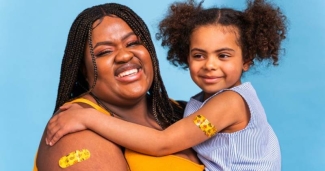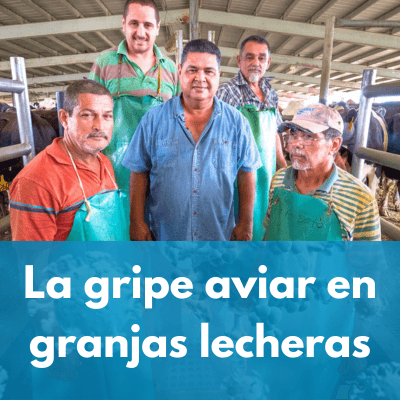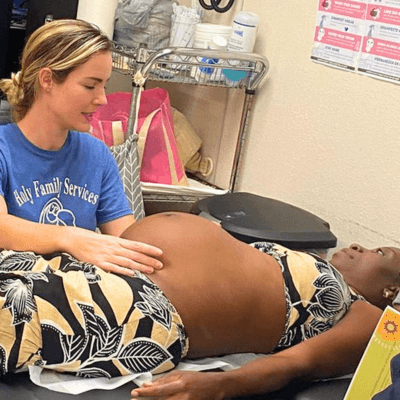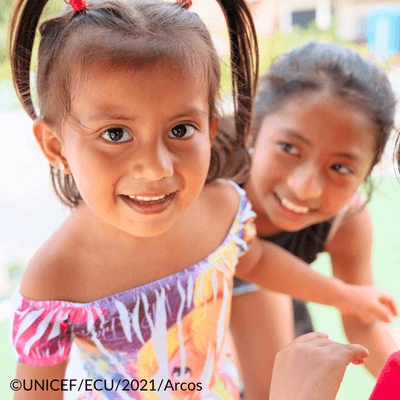Florida Clinicians: How to Support Parents of Young Children in their Decision to Vaccinate
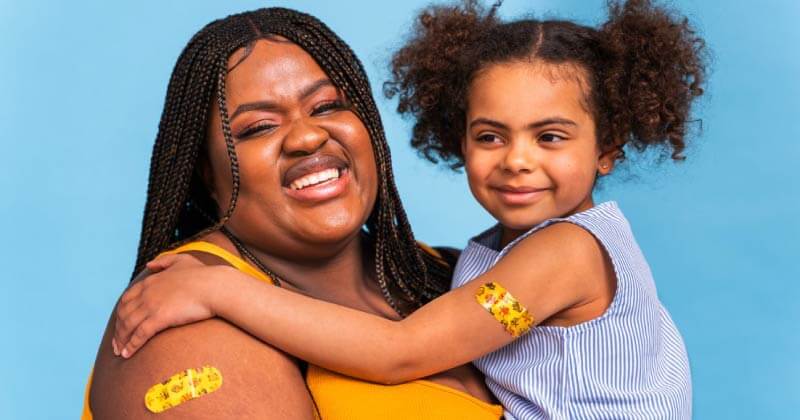
Last month, Florida Governor Ron DeSantis did not permit health care providers to pre-order COVID vaccines for children between the ages of six months and four years. Last week, however, the state reversed course, allowing medical professionals to begin ordering the vaccines. The significant delay means recent orders have been slow to reach the state. As a consequence, last week, while parents across the country felt relief and joy as their youngest children finally received their first COVID vaccines, parents in Florida who wanted the vaccine were struggling to find it. Prominent grocery chain Publix has also stated they will not be offering this vaccine, further limiting access.
This isn’t the first time that Florida has officially pushed forward anti-vaccine sentiments, which leads to confusion among parents. Florida’s official COVID vaccine page hasn’t had an update since March, when Florida’s health department erroneously recommended that most children ages five to 17 would not benefit from receiving the COVID vaccine, when in fact COVID remains a leading cause of death among children, and hospitalizations and long COVID have severely disrupted thousands of children’s lives. Further, large populations of unvaccinated people perpetuate mutations which may lead to yet more disease, morbidities and mortalities. This latest decision, similarly not in the interest of public health nor based on the data we presently have, will further their disinformation around COVID vaccines for children and put more people at risk of illness and death.
Tens of thousands of immigrant and migrant families in Florida deserve access to this vaccine for their youngest children. These delays are not just a political stunt – they are serious roadblocks to care, sowing distrust and confusion in the general population and blocking access that the rest of the country enjoys.
Clinicians must step in to fill the information gap and reduce confusion. Clinicians are encouraged to:
- Build trust in the community to address misinformation around the COVID vaccine for children.
- Provide spaces for parents to voice their concerns and find answers to their questions, from trusted health providers, in the language of their choice.
- Provide accessible and safe spaces to deliver the vaccines.
- Rely on evidence-based information from sources such as the US Centers for Disease Control and Prevention (CDC) and the American Academy of Pediatrics.
Here are some resources to help:
- The American Academy of Pediatrics runs down its resources, many in English and Spanish, for parents in its announcement of the under-five vaccine, including new PSAs in English and Spanish.
- See MCN’s extensive library of COVID vaccine promotion materials, downloadable and fully customizable, and available in Spanish, Haitian Creole, and English.
- MCN’s misinformation resources include the handout, Deconstructing Health Messages, in English and Spanish.
- The CDC’s FAQ on COVID-19 vaccination for children and teens ins available in multiple languages, including Spanish.
- MCN’s FAQ on COVID-19 is specifically for clinicians and health advocates serving migrant, immigrant, and farmworker patients. It includes a section on vaccination for children, including several new questions regarding children under five, and is available in Spanish.
- NRC-RIM's resources on children and the COVID vaccine include a conversation guide, multilingual fact sheet, toolkit for schools, and engaging videos.
Got some good news to share? Contact us on our social media pages above.
Return to the main blog page or sign up for blog updates here.
- Log in to post comments
